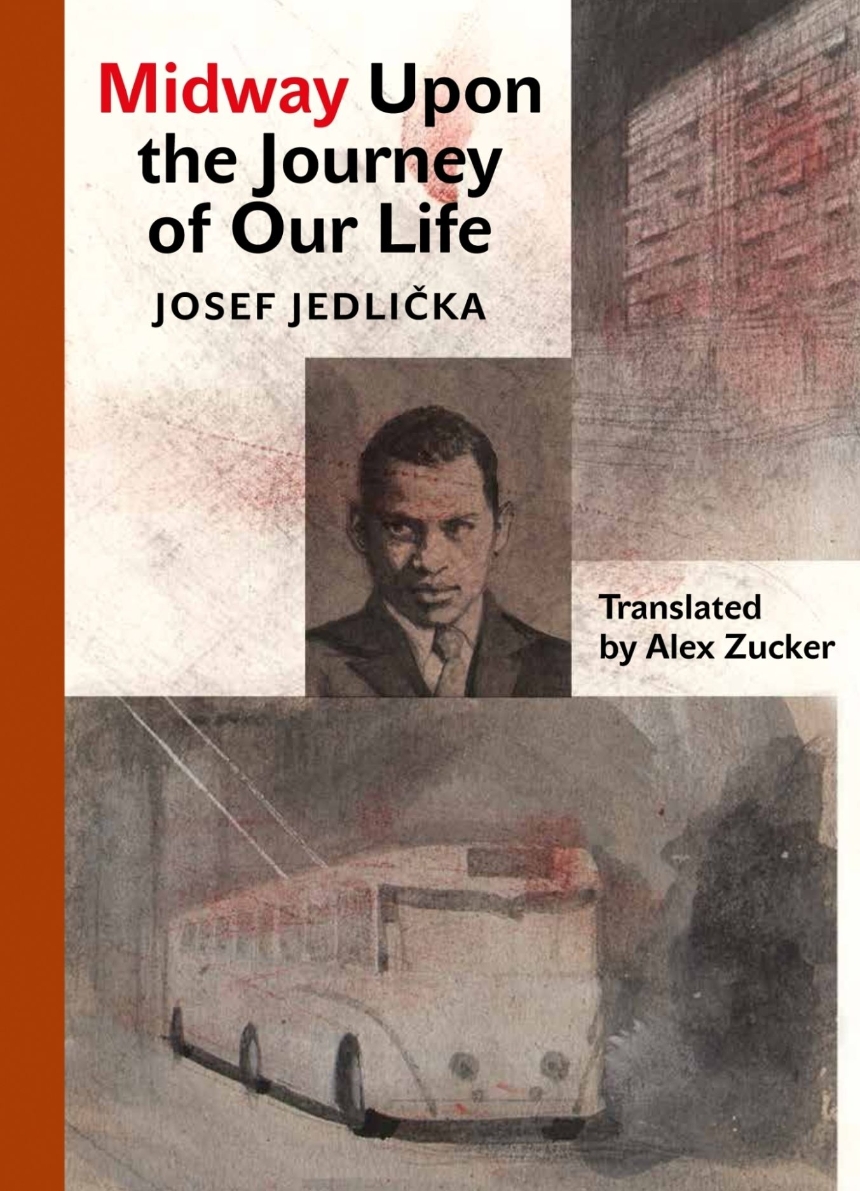Karolinum Press, Charles University
Midway Upon the Journey of Our Life
9788024631271
9788024631288
9788024633510
Distributed for Karolinum Press, Charles University
Midway Upon the Journey of Our Life
Written between 1954 and 1957 and treating events from the Stalinist era of Czechoslovakia’s postwar Communist regime, Midway Upon the Journeyof Our Life flew in the face of the reigning aesthetic of socialist realism, an anti-heroic novel informed by the literary theory of Viktor Shklovsky and constructed from episodes and lyrical sketches of the author and his neighbors’ everyday life in industrial north Bohemia, set against a backdrop of historical and cultural upheaval.
Meditative and speculative reflections here alternate and overlap with fragmentary accounts of Jedlicka’s own biography and slices of the lives of people around him, typically rendered as overheard conversations. The narrative passages range in chronology from May 1945 to the early 1950s, with sporadic leaps through time as the characters go about the business of “building a new society” and the mythology that goes with it. Due to its critical view of socialist society, Midway remained unpublished until 1966, amid the easing of cultural control, but a complete version of this darkly comic novel did not appear in Czech until 1994.
Meditative and speculative reflections here alternate and overlap with fragmentary accounts of Jedlicka’s own biography and slices of the lives of people around him, typically rendered as overheard conversations. The narrative passages range in chronology from May 1945 to the early 1950s, with sporadic leaps through time as the characters go about the business of “building a new society” and the mythology that goes with it. Due to its critical view of socialist society, Midway remained unpublished until 1966, amid the easing of cultural control, but a complete version of this darkly comic novel did not appear in Czech until 1994.

